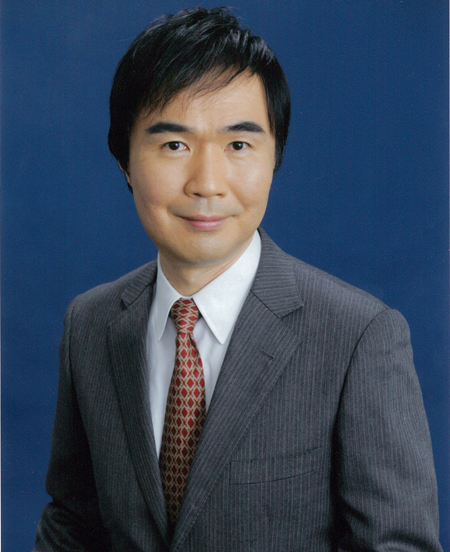
Prof. Satoshi Matsuoka (Co-Chair)
Professor, High Performance Computing Systems Group
Tokyo Institute of Technology
Professor, Ph.D. / High Performance Computing Systems Group Global Scientific Information and Computing Center & Department of Mathematical and Computing Sciences Tokyo Institute of Technology
Designated Fellow Artificial Intelligence Research Center The National Institute of Advanced Industrial Science and Technology (AIST), Japan
Lab Director, joint AIST-Tokyo Tech. Open Innovation Laboratory for Societal Big Data Research Tokyo Institute of Technology
Prof Satoshi Matsuoka’s research is principally in system software for large scale supercomputers and similar infrastructures such as Clouds for HPC, and more recently, convergence of Big Data/AI with HPC, as well as investigating the Post-Moore Technologies towards 2025. Over the years he has been involved and led a number of large collaborative projects that worked on basic elements that are now significant for the current and more importantly future exascale systems, such as fault tolerance, low power, strong scalability, programmability, as well as large-scale I/O. Some of the major projects that he has led are scalable implementations of parallel object-oriented languages on 1000CPU-scale machines in the early 90’s (Fujitsu AP1000 and ETL EM-4), GridRPC/Ninf project in collaboration with ETL/AIST (1995-2005), the “Titech Campus Grid” project (2002-2006) which deployed a 1300 CPU grid-of-clusters in production mode within the Tokyo Tech campus, the NAREGI project (2003-2007) which is a national project to develop a deployable advanced grid middleware for national supercomputing centers, and Tsubame1 (2006-2010), a production supercomputer which was the #1 machine in Asia for 1.5 years. Some of the recent projects include Ultra Low Power HPC (2007-2013) which aims to achieve 1000-fold power/performance improvement in supercomputers, Info-Plosion (2005-2011) which aims to develop basic system software technologies for large-scale data and information processing, Tsubame2.0 (2010-2014) which became the 4th fastest supercomputer in the world and the “Greenest Production Supercomputer in the World” on the Green 500 two consecutive times, heavily utilizing GPUs and other power efficient technologies. The most recent awards are 1) the Billion-way fault tolerance in supercomputers (2011-2015) which will investigate the key technologies for reliable exascale in supercomputing; 2) Ultra Green Supercomputing (2011-2015) and it successor Post-Green Project (2015-2019) where we investigate low power control and cooling technologies to achieve exascale power requirements, the most recent result being design and construction of the oil-immersed Tsubame-KFC supercomputer that became No.1 in the world on the Green 500 two consecutive editions; and 3) Extreme Big Data (2013-2018), where we aim to converge HPC/AI and Big Data technologies in order to be able to handle extreme-scale data that can be only processed with supercomputers. Prof Matsuoka is in the process of designing a new 100 PetaFlops-scale AI-dedicated Cloud Supercomputer called ABCI for the AI Research Center hosted by AIST National Institute. Finally, they are starting research on post-Moore technologies, where they claim that, transition from FLOPS centric means of compute acceleration will be replaced by data or BYTE centric computing, and as such, the convergence of HPC and Big Data/AI are more fundamental, not just because of mutual needs.